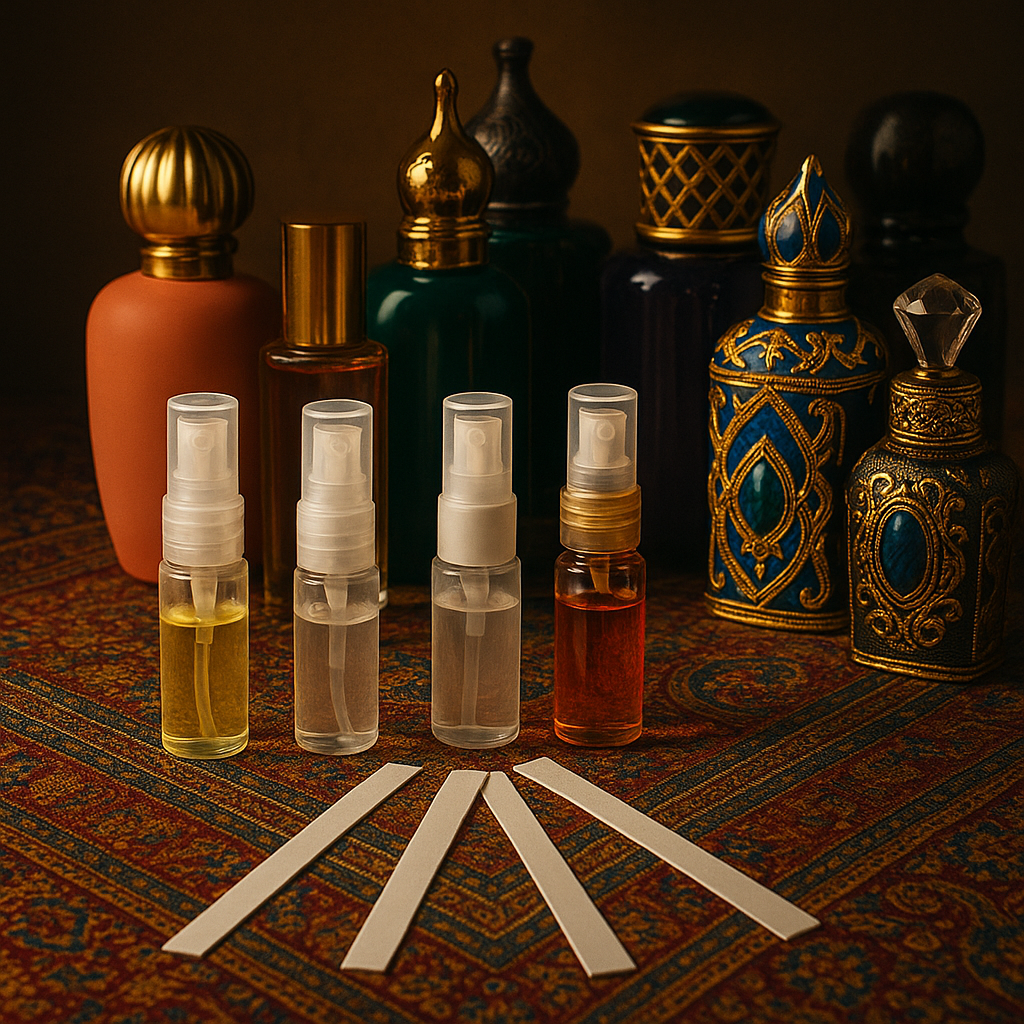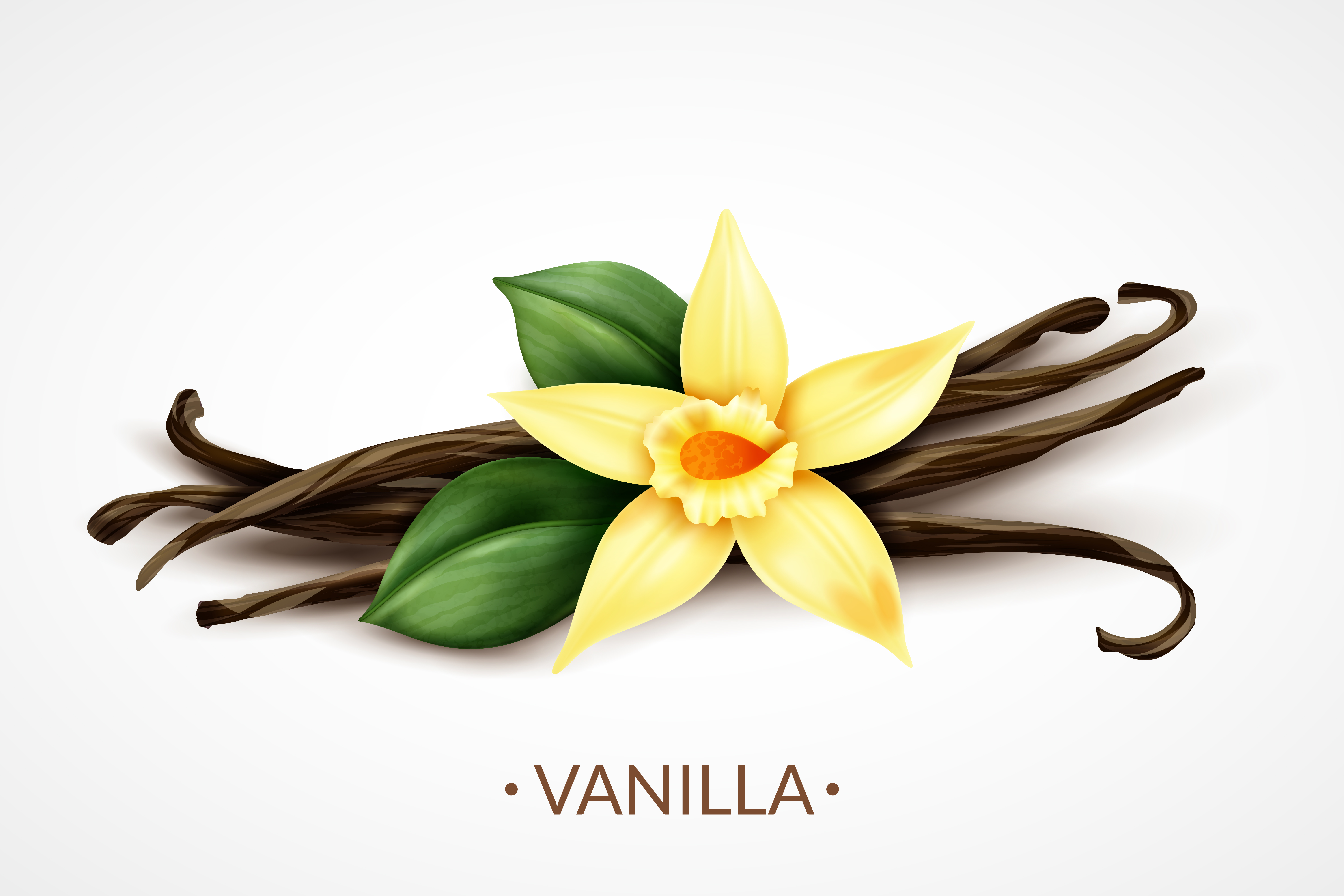
Let It Breathe: The Fascinating Journey of Perfume Maturation
If you've ever received a new bottle of perfume, taken a first spray, and felt underwhelmed, only to revisit it weeks later and fall in love, you’re not alone. There's a reason behind this common experience, and it’s rooted in the subtle, fascinating process of perfume maturation, also sometimes referred to as maceration or aging.
What is Perfume Maceration?
In perfume production, maceration refers to the resting phase after a fragrance is blended. This allows the alcohol and fragrance oils to settle and meld, resulting in a more harmonious scent. But fragrance lovers have extended this concept to describe what happens after you receive a new perfume, particularly if it smells “off” or muted. Letting a perfume rest in a cool, dark place can significantly enhance its scent profile.
The Middle Eastern Influence
This topic became especially prominent in recent years with the surge in popularity of Middle Eastern fragrances. Known for their rich, bold compositions, especially oud, amber, vanilla, and resins, these perfumes often benefit greatly from an aging period. Many collectors report that Middle Eastern scents bloom and deepen beautifully after sitting undisturbed for a few weeks or months.
However, the practice of letting perfumes "age" is not exclusive to Middle Eastern perfumery. Designer and niche fragrances also undergo subtle transformations over time. In fact, many classic designer scents from the 1980s, 1990s, and early 2000s were known to develop richer, more robust profiles as they aged, sometimes becoming even more beloved years after their initial release.
Oxygen and the Evolution of Scent
When you spray a perfume, oxygen enters the bottle. Over time, this exposure leads to oxidation, which can slightly alter the scent. While excessive oxidation may eventually degrade a perfume, a moderate amount can actually enhance depth, improve note transitions, and increase longevity.
Perfumes with ingredients like vanilla or amber often darken with time, a visual cue that change is occurring. A fragrance that starts off golden may deepen to a rich brown hue, particularly if it contains natural materials.
Why Let Your Perfume Rest?
- To stabilize unsettled molecules after shipping
- To enhance complexity and richness
- To allow harsh or sharp top notes to mellow
- To give your nose time to revisit and re-evaluate
Some perfume lovers recommend spraying a few times to introduce oxygen, then storing the bottle for several weeks before regular use. This method is especially helpful with bold compositions that may initially feel overwhelming or unbalanced.



